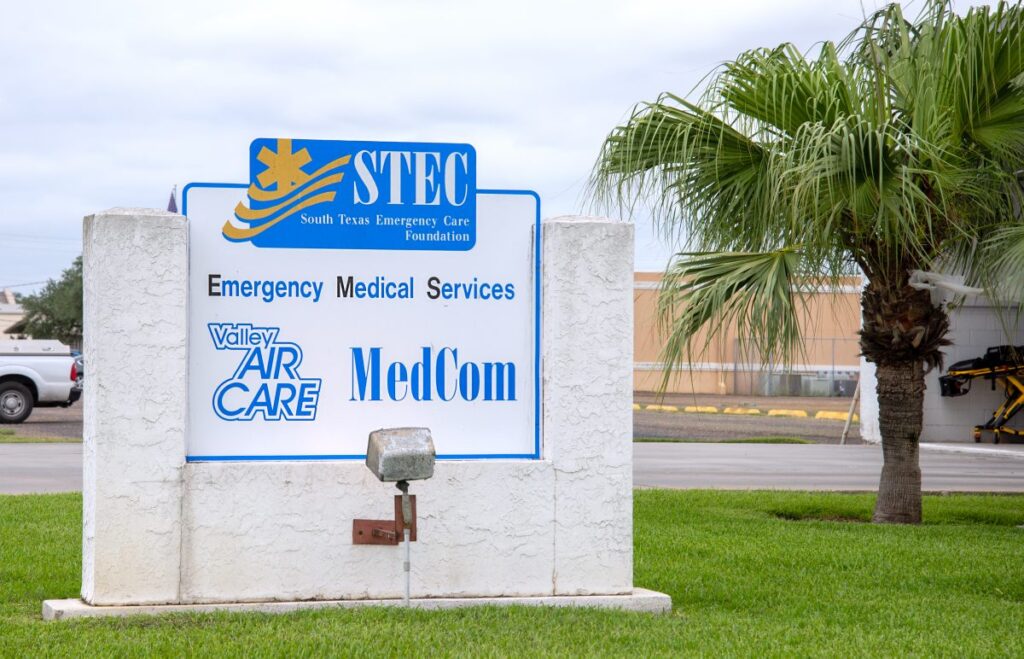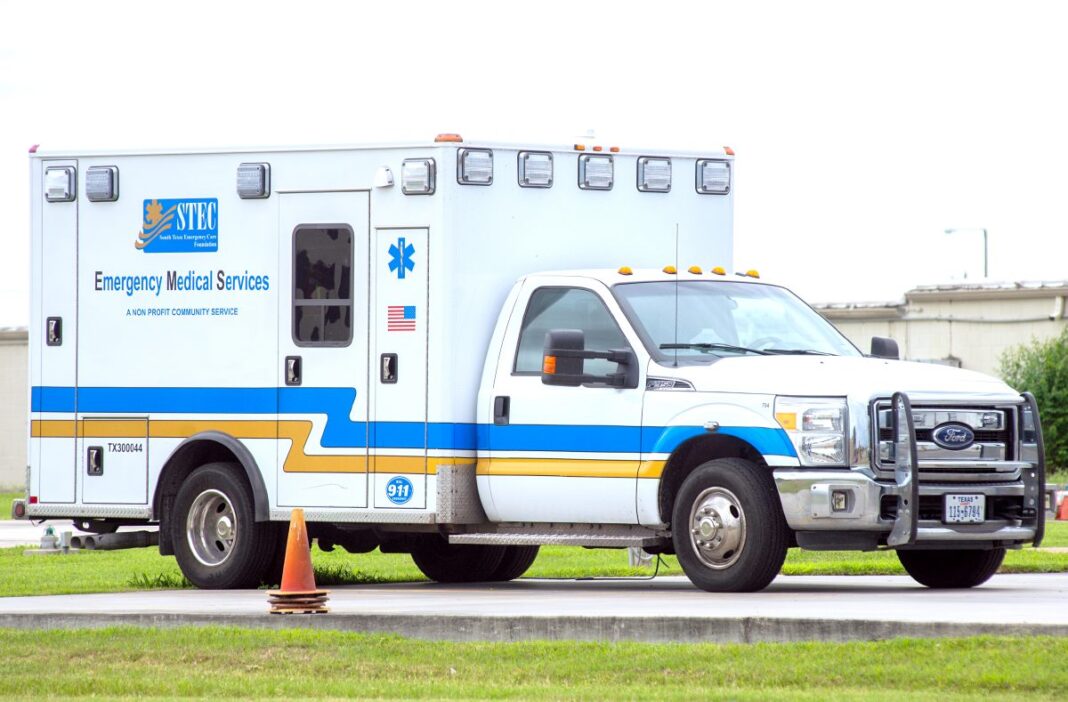HARLINGEN — After more than a year, City Commissioner Frank Puente continues to question an ordinance giving the city’s ambulance company sole rights to offer service within the city limits, calling on commissioners to allow other companies to come into town.
Meanwhile, Randy Whittington, the attorney representing the South Texas Emergency Medical Care Foundation, said he would “defend” the ordinance protecting the company’s service area.
For 40 years, STEC, a nonprofit organization founded by city leaders, has held its contract giving it exclusive rights to serve the area.
In a meeting Wednesday, commissioners are set to meet behind closed doors to request City Attorney Ricardo Navarro’s advice regarding the ordinance protecting STEC’s emergency and non-emergency services.
Since early last year, Puente has argued the ordinance gives STEC a “monopoly” on the city’s ambulance service.
Meanwhile, the previous commission’s majority stood behind STEC.
Now, the commission’s new majority’s set to consider Puente’s arguments.
“I either want to revise or just delete the ordinance that gives exclusive rights to STEC to allow other ambulatory services into the Harlingen area,” Puente said Tuesday. “I haven’t encountered a system like this where one company pretty much monopolizes this kind of service.”
Since January 2020, Puente has pushed to allow other ambulance companies to offer lucrative non-emergency transport within STEC’s service area.
The city’s ordinance deprives residents of choices, he said.
“The more important issue is the service that’s being offered to our constituents,” he said. “I don’t feel one company can monopolize this kind of service. We should have a choice in the matter. Residents and patients should be able to call other ambulatory services that offer transport services. Our constituents should have that choice.”
Puente claimed STEC’s ambulances have led some residents to wait as long as four hours for service.
“There have been a number of cases where patients at nursing homes, for example, have to be transported to either the doctor’s office or the hospital and vice versa,” he said. “What’s happening is there’s not sufficient service or enough service so there have been two to four hour wait times to pick up these patients and drop them off.”

Puente said he believes the company can’t offer adequate service within its entire service area stretching across about two-thirds of Cameron County.
“I don’t feel one company has the capacity to service that much of an area,” he said.
STEC’s side
In response, Whittington said he would stand up against challenges to the ordinance dating back to 2007.
“If somebody challenges the ordinance, we’ll defend it,” he said.
Meanwhile, he said “exclusive contracts” are common in the Rio Grande Valley, where McAllen, Brownsville and Los Fresnos have forged similar agreements for ambulance service.
“They’re all over the state,” he said.
Whittington said city officials had opened the door to other ambulance companies.
From late 1970s to 2017, the city allowed other companies to apply for licenses to offer ambulance service “but no one applied,” he said.
In 2017, he said, the police chief scrapped the policy.
Whittington said he was unaware of specific complaints regarding ambulance wait times.
“They are never willing to give you an example to see if it really happened,” he said, adding residents should present complaints to STEC.
“Most of these are done by appointment,” he said, referring to residents’ calls for ambulance non-emergency transports. “Most of these are arranged well in advance of when transport is supposed to take place. If it’s a busy day, if there’s an emergency going on, the emergency is going to take precedence. Right now, during the pandemic, there are people having to wait somewhat — we’ve got ambulances sitting in front of the (hospital) emergency room for five or six hours at a time.”
Meanwhile, Whittington said STEC’s fleet of 16 ambulances and 75 paramedics and emergency medical technicians offer top-quality service within the company’s territory, in which 60 to 70 percent of calls come from the Harlingen and San Benito areas.
“We’ve never had an issue,” he said. “Most of that territory is in unincorporated parts of the county. You don’t have many calls out there.”
STEC’s three-year contract expires September 2022.
RELATED READING:
Local EMS stands behind service; STEC presentation comes amid concerns





